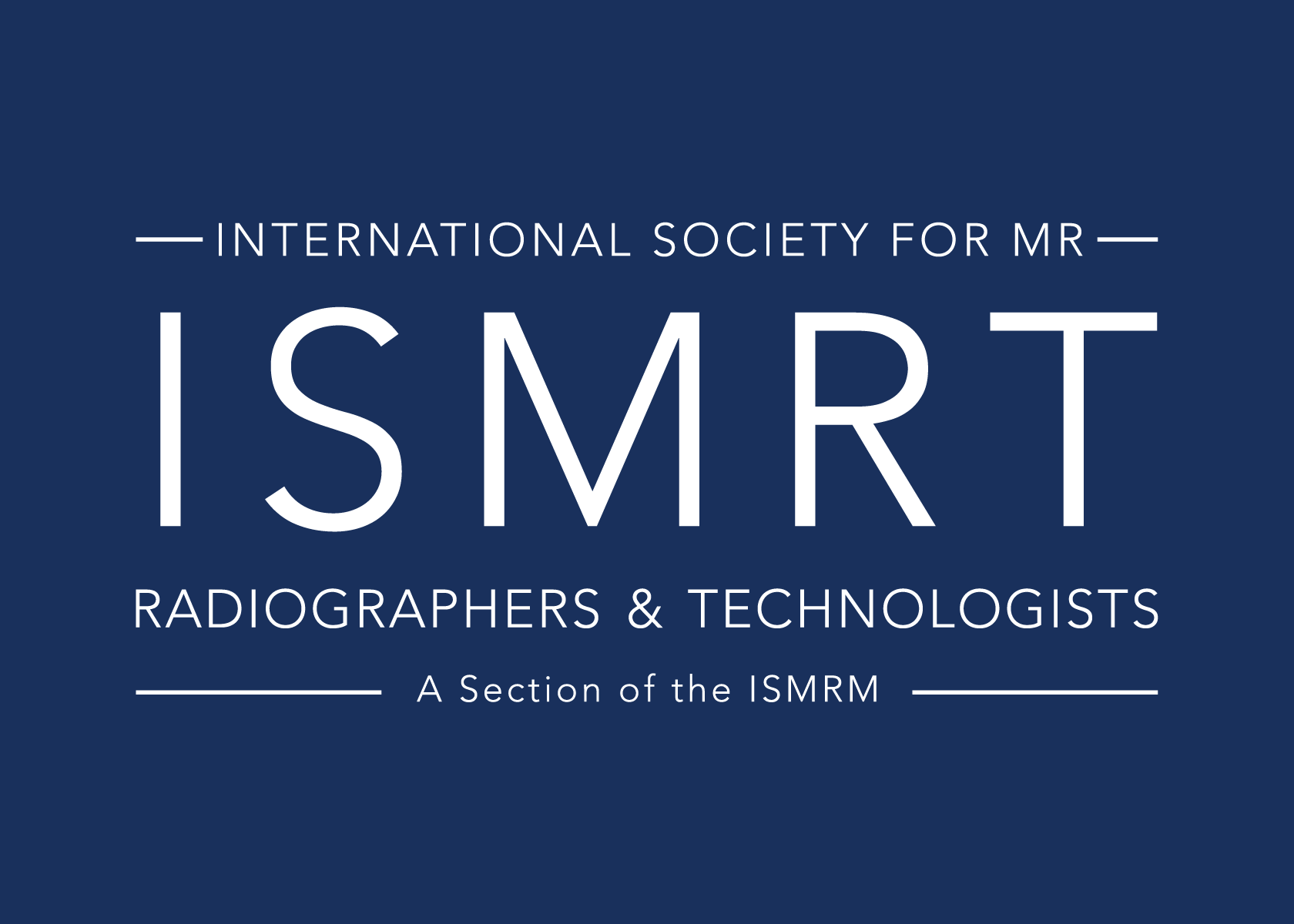MR Safety Week 2025 | 21 – 25 July

Welcome to ISMRT’s
MR Safety Week 2025
Virtual Meetings
Want to watch the archived Safety Week virtual meetings?

Username: [Your Member/Customer ID Number] | Password: [Your Last Name]
Passwords are Case-Sensitive and contain no spaces, punctuation or diacritical marks.
Note: Credit is not available via these recordings.
The last week in July is universally recognized as MR Safety Week, inspired by the anniversary and 2001 tragic MRI-related death of Michael Colombini, age 6, resulting from a steel oxygen cylinder being brought into the MRI room during his exam 1, 2, 3. The initial goal of this week was to prevent such a tragedy from happening again and has expanded into a week-long event giving us a chance to refresh our safety education and highlight some of the issues we all face in the MR environment.
MR Safety is an important part of our lives, and education is the cornerstone of a safe MR workplace. The ISMRT safety committee, in support and recognition of this event, has compiled a variety of resources to remind us to check our site procedures to ensure we follow best practices. This year, we offer a series of virtual meetings on a variety of aspects of safety in the MR workplace.
Target Audience
All professions involved that need to have knowledge about MR safety.
Learning Objectives
Upon completion of this activity, participants should be able to:
• Improve patient safety for an increased number of cases;
• Improve instructions for safe use of devices in the MR setting;
• Describe the physics of MR safety; and
• Improve the culture assuring MR safety in their own institution.
Registration includes access to each virtual meeting throughout the week. You are not obligated to participate every day, only the days you wish. Accreditation will be offered based on attendance at each live virtual event.
Claiming Credit
To obtain your credit for the meeting, log in to the ISMRM membership portal at www.ismrm.org, click the [Session Evaluations for Certificates] menu button, find this meeting in the list that appears, click "Begin Evaluation" and follow the instructions provided.
Certificate of Participation
To obtain your Certificate of Participation after the meeting has ended, log in to the ISMRM membership portal at www.ismrm.org, click the [Session Evaluations for Certificates] menu button, find this meeting in the list that appears, click "Begin Evaluation" and follow the instructions provided.
Learn & Earn CEUs
These virtual meetings are free and offer credit during the week of 21 – 25 July 2025. A new virtual meeting will be presented each day, offering a maximum of 1.0 hour of AMA PRA Category 1 Credit™* and Category A Credit**.
* AMA PRA Category 1 Credit™ is not available on Monday, 21 July and Wednesday, 23 July 2025.
** Category A Credit is not available on Wednesday, 23 July or Thursday 24 July 2025.
Members and visitors can earn credits for attending these virtual meetings by logging in and registering for the virtual meeting. Non-members can attend the virtual meeting for free and attain credit, but must have an account.Create a new account here. Recordings of the events will only be available to members.
Visit our MR Safety Resources page for even more safety information, including videos, posters and events!
We are also pleased to direct you to what BAMRR has produced for MR Safety Week:
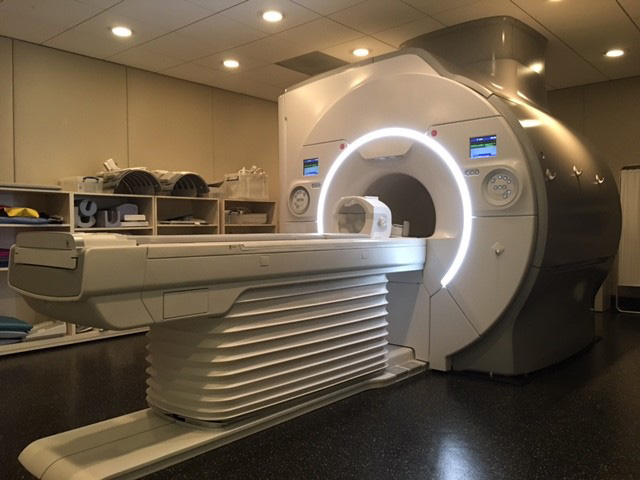
Monday
1.0 hour of Category A Credit Available
No AMA PRA Category 1 Credit™ Available
Moderators: Maureen N. Hood, Ph.D.,RN,R.T.(MR) FSMRT, FAHA & T.B.A.
Overview: During this session, we will highlight and discuss the increasingly common examination method known as remote scanning. It will begin with a lecture by Neil Huber, followed by a panel where he and with a group of MR experts will discuss various aspects of remote scanning. What are the advantages and disadvantages of this examination technique? What regulations are needed? How should the responsibility be distributed for this type of examinations? Many urgent and important topics to be discussed.
Program:
From Shortage to Solution: The Rise of Remote Scanning
Neil G. Huber, MBA, R.T. (R)(MR)
Pulse Radiology Education, LLC
Maspeth, NY, USA
Panelists:
John Posh, R.T.(R)(MR)
Brandy J. Reed, M.B.A.,R.T.(R)(MR)
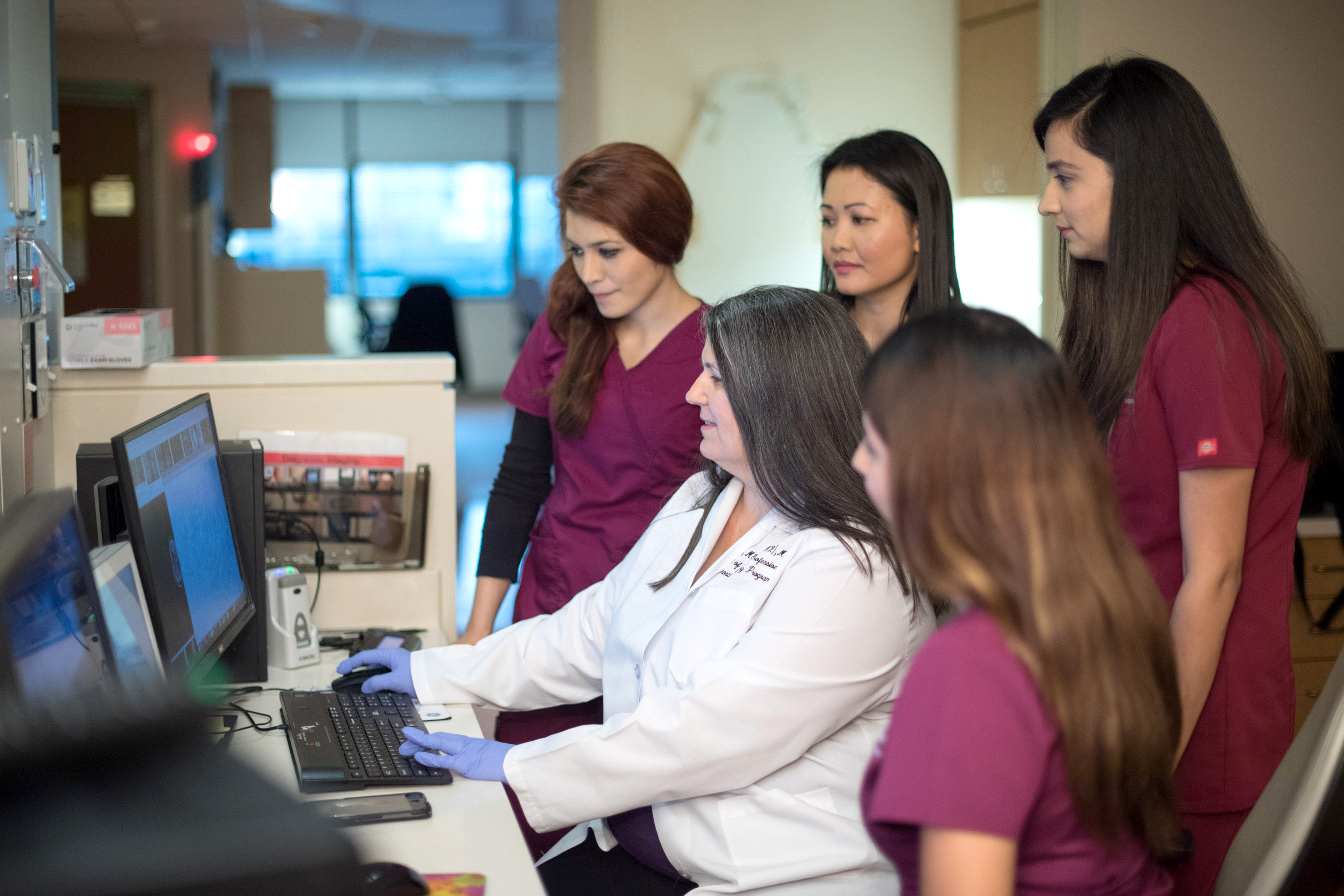
Tuesday
1.0 hour of AMA PRA Category 1 Credit™ and Category A Credit
Moderators: Glenn Cahoon, M.Sc., FSMRT & Sheryl L. Foster, M.H.Sc. (MRS)(MRI)
Overview: This session addresses a topic that everyone working with MR will encounter. How should we think and act when we face problems before or during an MR examination? It is often difficult to determine whether an examination can be performed or not, and a risk-benefit analysis can become a complicated and lengthy process. During this session, real-life cases will be presented along with tips and advice on how to think and act in order to, as much as possible, carry out examinations in a way that is both accurate and MR-safe. There will be opportunities for participants to ask questions during the session’s concluding Q&A.
Program:
Assessment of Risk & Benefit: To Scan or Not To Scan?
Shalini Amukotuwa, M.D.
Monash Health
Melbourne, VIC, Australia
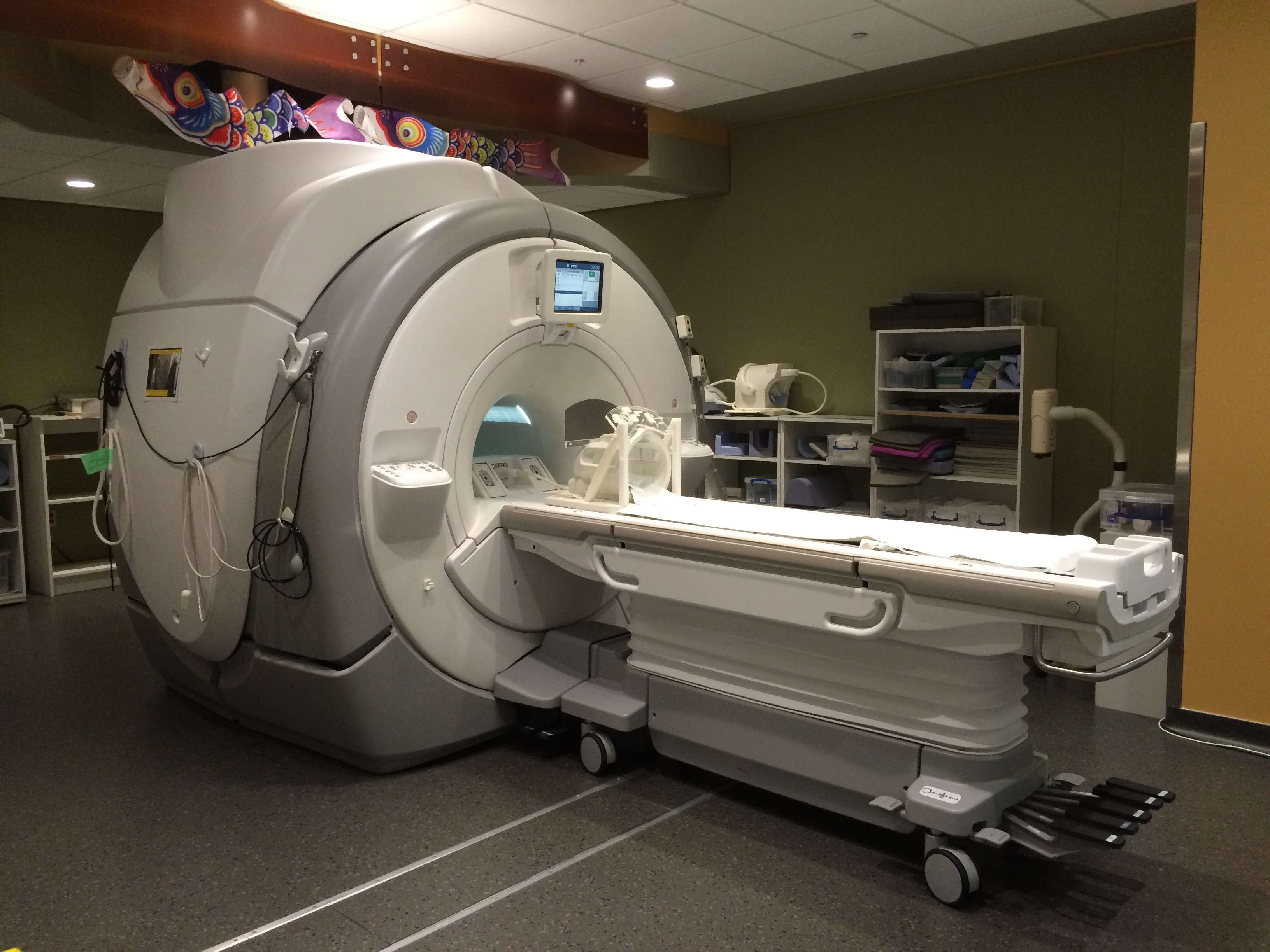
Wednesday
No Credit Available
Moderators: Maureen N. Hood, Ph.D., RN, R.T.(MR) FSMRT, FAHA & Kellye Mantooth, (R)(MR), MRSO(MRSC), MRSE(MRSC)
Overview: On this session, Robert Watson, M.D., Ph.D., will present latest news in MR safety. He will cover parts of the recently updated MR safety recommendations from the ACR and comment on and clarify many important aspects of the recommendations. The session will conclude with a Q&A segment.
Program:
The Latest from ACR on MR Safety
Robert Watson, M.D., Ph.D.
Mayo Clinic
Rochester, MN, USA
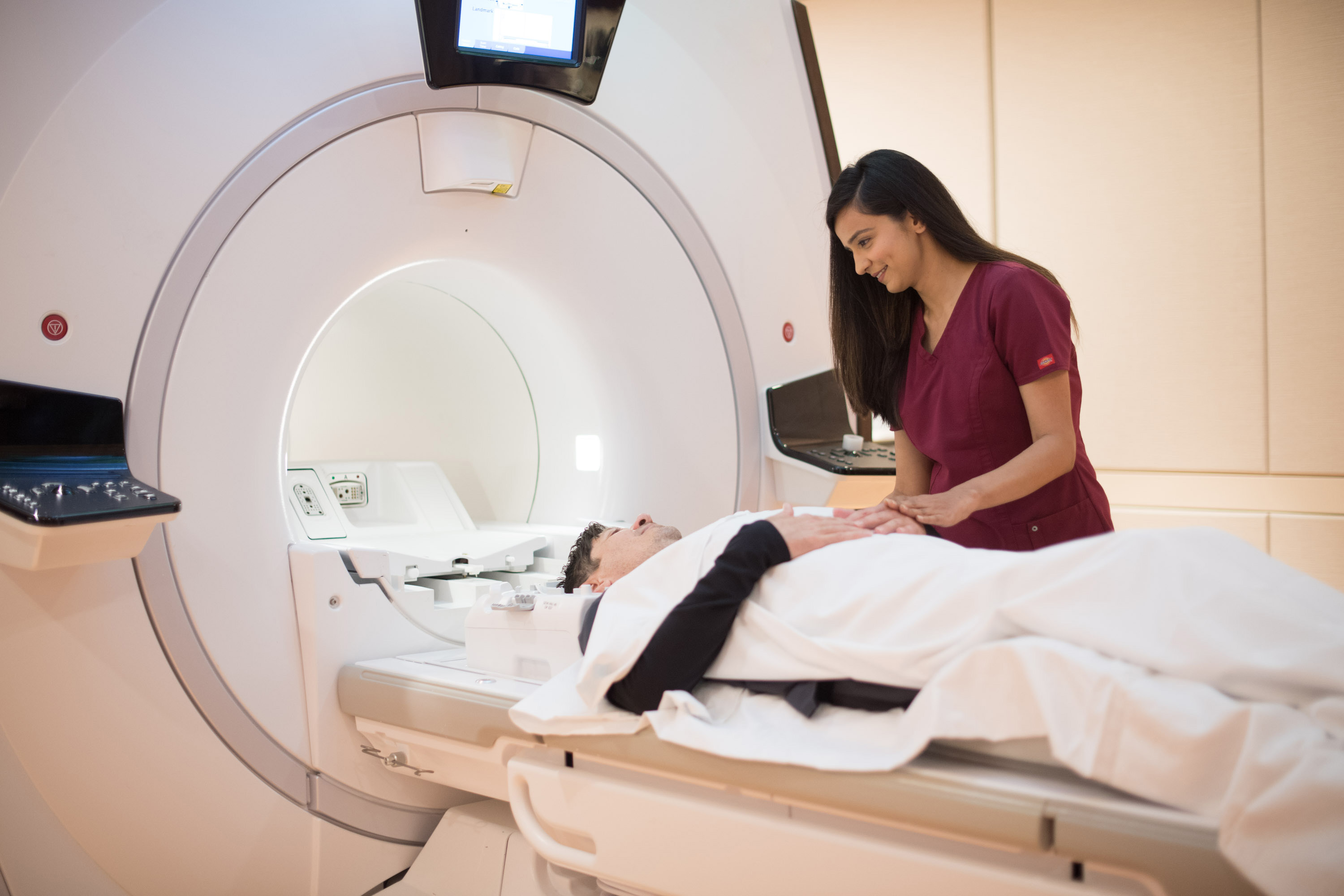
Thursday
1.0 hour of Category A Credit Available
No AMA PRA Category 1 Credit™ Available
Moderators: Ben Kennedy, M.MRI , B.Appl.Sc.(MRI) & Steve Lacey, BAppSci (MR)
Overview: This session is a collaboration between ISMRT and ISRRT, two organizations with members worldwide. To maximize outreach and ensure as many members as possible receive this important information about MRI safety, the session will be broadcast twice. It consists of two distinct presentations, followed by opportunities for participants to ask questions at the end of the two lectures. The first presentation, delivered by Vera Kimbrell and Michael Steckner, Ph.D., addresses various magnetic fields, the potential risks involved, and strategies to mitigate and manage these hazards. The second presentation, given by Frank Shellock, Ph.D., provides guidelines aimed at facilitating procedures during examinations of patients with passive implants.
Program:
MR Safety Basics & General Guidelines for Patients with Passive Implants To Facilitate MRI Screening
Vera Kimbrell, MEd, R.T.(R)(MR), FSMRT
Forsyth Technical Community College
Salem, NC, USA
Michael Steckner, Ph.D., MBA
MKS Consulting
Beachwood, OH, USA
Frank Shellock, Ph.D., FACR, FISMRM, FACC
USC Medical Center
Los Angeles, CA, USA
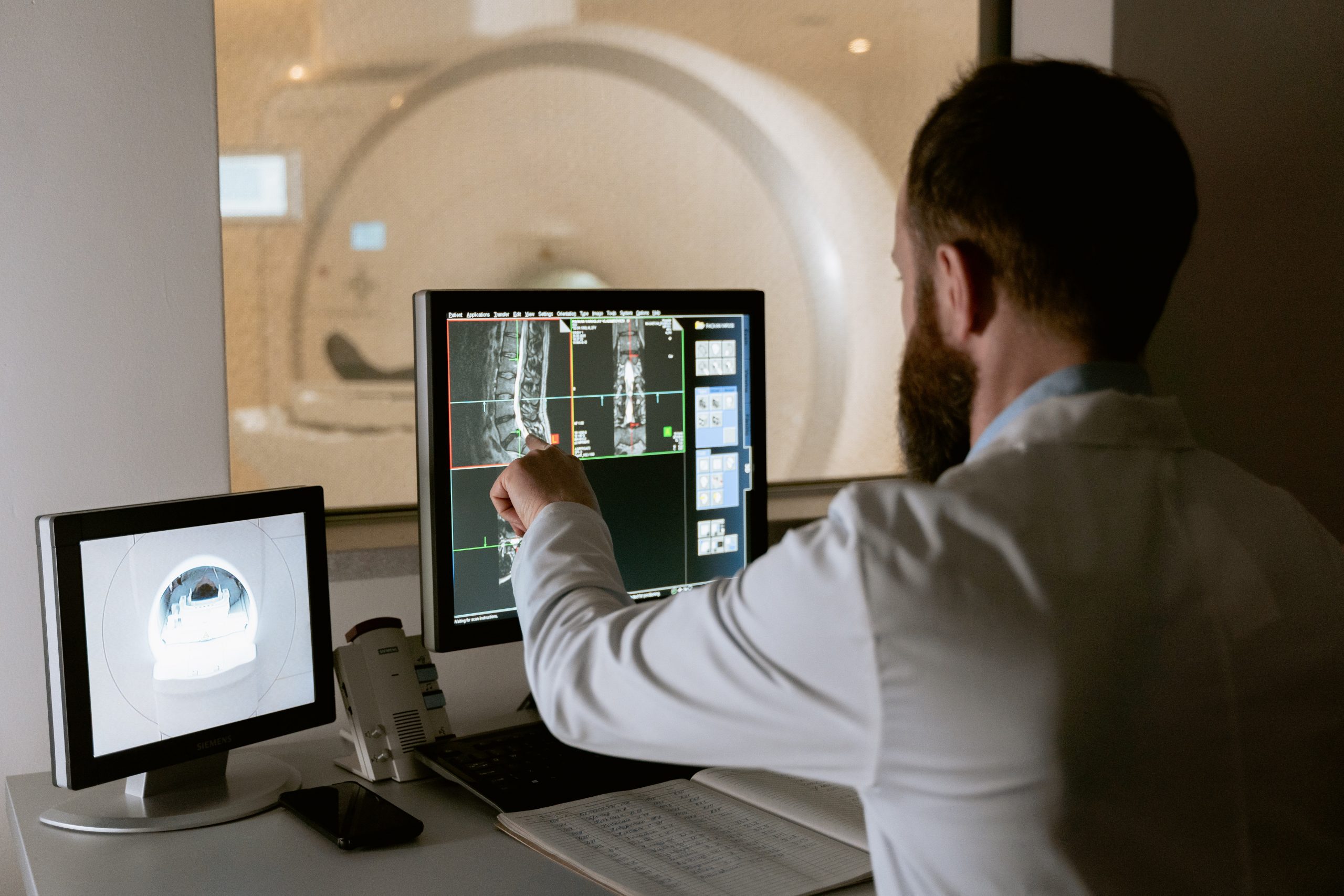
Friday
1.0 hour of AMA PRA Category 1 Credit™ and Category A Credit Available
Moderator: Ben Kennedy, M.MRI , B.Appl.Sc.(MRI)
Overview: This concluding session of Safety Week is an opportunity to meet with and ask questions of the speakers of the two MR safety videos that will have been available from 10 – 25 July. Other international MR experts will be joining the discussions as well.
Program:
MR Safety Questions & Answers
Shalini Amukotuwa, M.D.
Martin Graves, Ph.D.
Vera Kimbrell, MEd, R.T.(R)(MR), FSMRT
Michael Steckner, Ph.D., MBA
Remember, MR Safety is within our control and our greatest responsibility. Thanks for visiting our site.
– The ISMRT Safety Committee
The International Society for MR Radiographers & Technologists (ISMRT), A Section of the ISMRM, is recognized by the American Registry of Radiologic Technologists (ARRT) as a Recognized Continuing Education Evaluation Mechanism (RCEEM).
The ISMRM is accredited by the Accreditation Council for Continuing Medical Education (ACCME) to provide continuing medical education for physicians.

